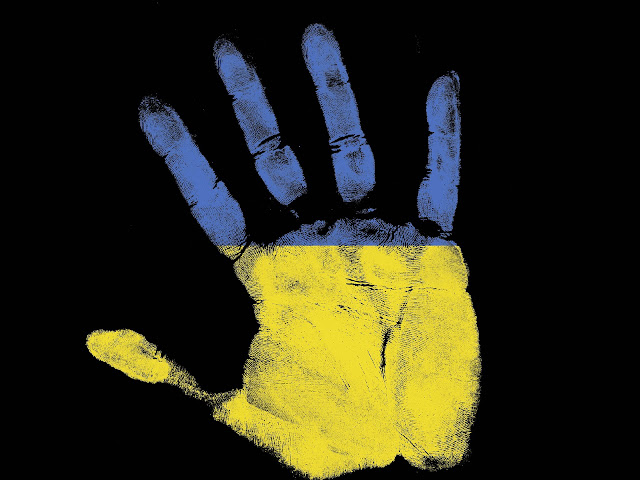USA: The Story Between Trump and Epstein

Over the past few weeks, media coverage surrounding Epstein has been relentless. A major reason? Trump and his administration’s refusal to release the long-promised files. During his campaign, Trump pledged to make the documents—and the infamous client list—public if elected. Now, it’s looking like that promise was just another campaign lie. Naturally, the MAGA crowd erupted. Even some of Trump’s most devoted supporters publicly criticized him over the backpedal. In this blog post, we’ll take a closer look at Trump’s connection to Epstein—and whether that relationship might explain his decision to keep the files under wraps. Is there something damaging about Trump hidden in those documents? Or is this really a matter of national security, with whispers of Epstein’s alleged ties to Mossad? The conspiracy theories are endless, and we’re diving in. Donald Trump with his wife, Melania, and Jeffrey Epstein and Ghislaine Maxwell. TRUMP AND EPSTEIN WERE VERY CLOSE FRIENDS Donald T...





